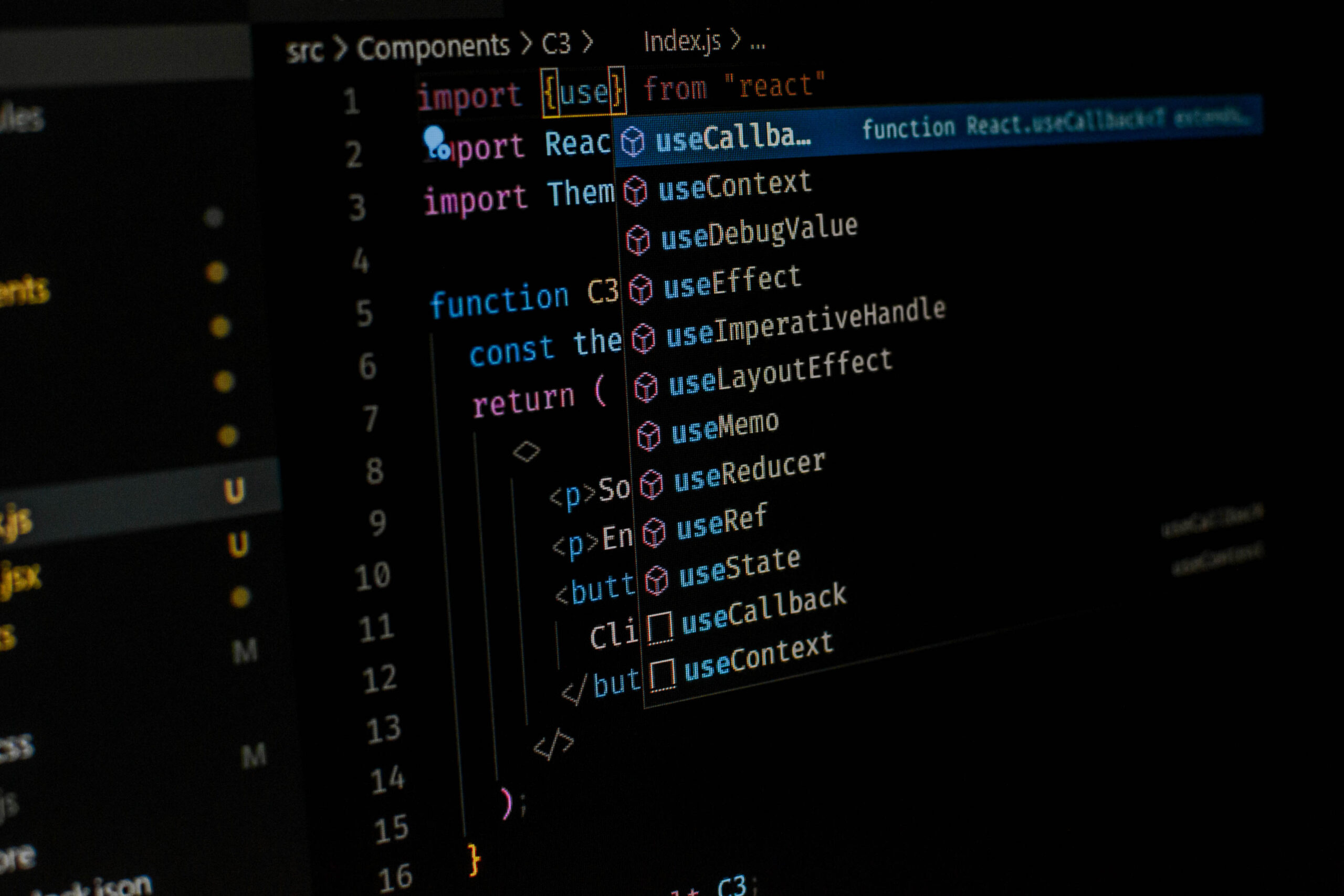Learning 7 Python Tips for Effective Coding and Boosted Output
Python has grown to be one of the most widely used programming languages in the world thanks to its ease of use and adaptability. It is a great option for many applications, from web development to data analysis and machine learning, thanks to its readability, large library, and active community. But in order to take full advantage of Python’s capabilities and increase output, developers must implement effective coding techniques. We’ll look at seven useful suggestions in this article to help you become a more productive Python tips coder.
Table of Contents

Use List Comprehensions and Generator Expressions:
Strong Python features like generator expressions and list comprehensions let you build lists and generators in an understandable and efficient way. These structures allow you to more effectively conduct actions on iterable objects without having to write conventional loops. While generator expressions are perfect for processing large datasets without loading them totally into memory, list comprehensions are especially helpful for converting one list to another.
Utilize Libraries and Built-in Functions:
Python has an extensive collection of built-in libraries and functions that can greatly expedite your development process. Make effective use of these resources to complete typical tasks rather than starting from scratch. Whether your task involves mathematical calculations, lists, dictionaries, or strings, there’s probably a built-in function or library module that can strengthen and simplify your code.

Observe PEP 8 Code Style Guidelines:
The official style guide for Python code, known as PEP 8, outlines recommended practices for clear, understandable, and maintainable code development. You may guarantee uniformity throughout your projects and facilitate code comprehension and collaboration among developers by following PEP 8 recommendations. You can save time and effort on code reviews and maintenance by automating the PEP 8 compliance process with the use of tools like linters and code formatters.
Compose Reusable and Modular Code:
Software engineering’s core concept of modular programming encourages the reusability, maintainability, and scalability of programs. Divide your code into manageable, reusable modules and functions, each in charge of a certain operation or task. You may reduce code duplication, make testing and debugging easier, and make it easier to modify your code in response to changing requirements by encapsulating logic into reusable components.

Enhance Efficiency with Profiling and Benchmarking:
The more complicated your Python applications get, the more crucial speed optimization is. To find bottlenecks and improve the performance and efficiency of important parts of your code, use benchmarking and profiling tools. Caching, parallelization, and algorithmic enhancements are a few strategies that can make your Python programs run faster and require less execution time.
Effectively Document Your Code:
A crucial but frequently disregarded component of software development is documentation. Composing docstrings that are easy to read, informative, and brief makes it easier for other developers to comprehend the use, behavior, and goal of your code. Furthermore, creating documentation with Sphinx and putting it up on sites like Read the Docs facilitates user navigation and codebase reference, which promotes cooperation and knowledge exchange.

Adopt Test-Driven Development (TDD) approach:
A development methodology known as “Test-Driven Development” places an emphasis on writing tests prior to implementing code. Writing tests initially helps you define what you anticipate your code to do and makes sure it complies with the requirements. TDD promotes modular, decoupled designs and makes automated testing easier, which results in codebases that are more reliable and manageable. You can write and execute tests in Python more easily with the help of tools like pytest and unittest, which allows you to confidently iterate and find errors early.

7 Python Tips:
Using these 7 Python tips will greatly improve your productivity and coding efficiency. Utilizing language features, following coding guidelines, and implementing best practices will help you write more readable, maintainable code and produce high-caliber products more quickly. Learn Python tips with Brilliko Institute of Multimedia’s Python tips course. Whether you’re a novice or an expert Python developer, applying these suggestions to your work can make you a more competent and productive programmer.




